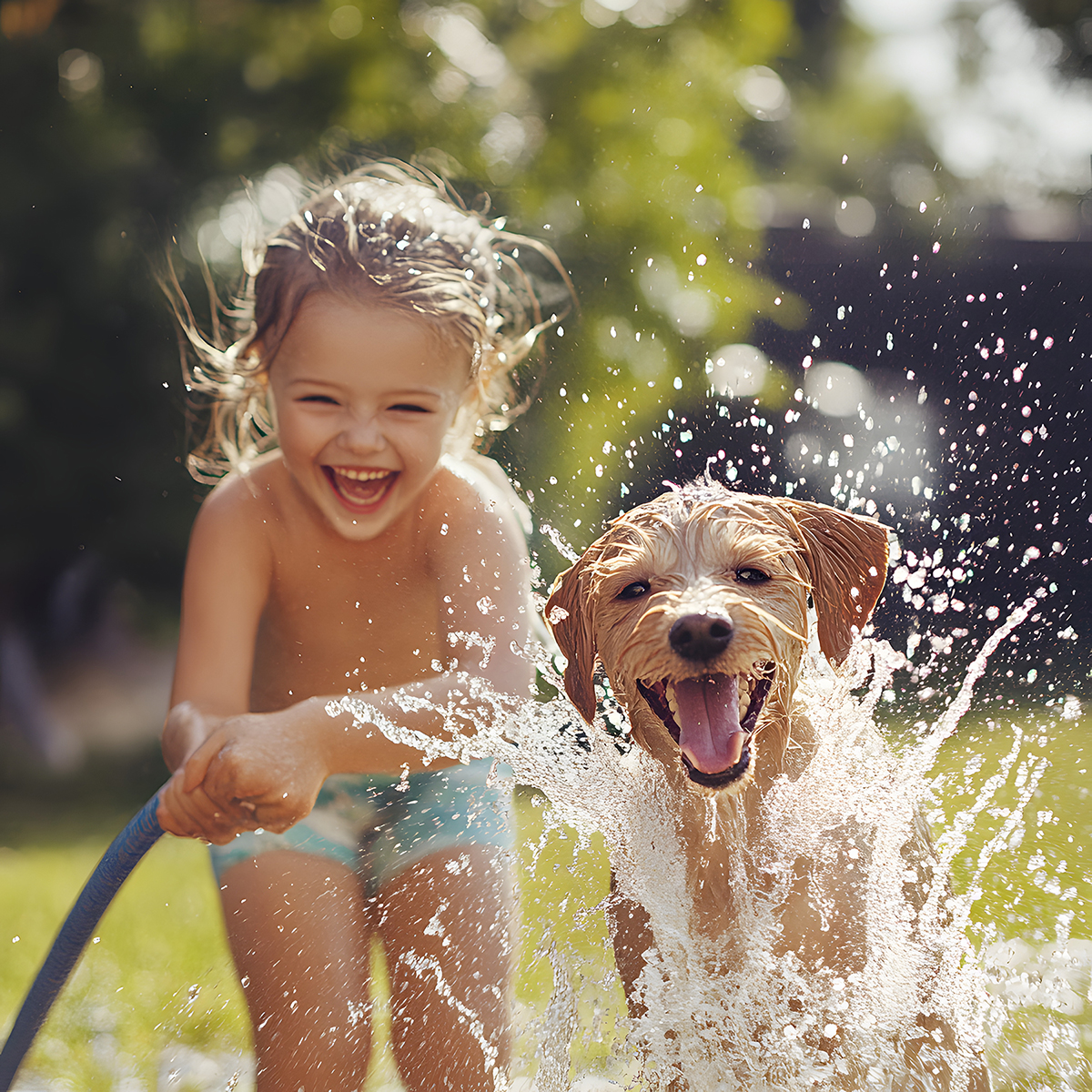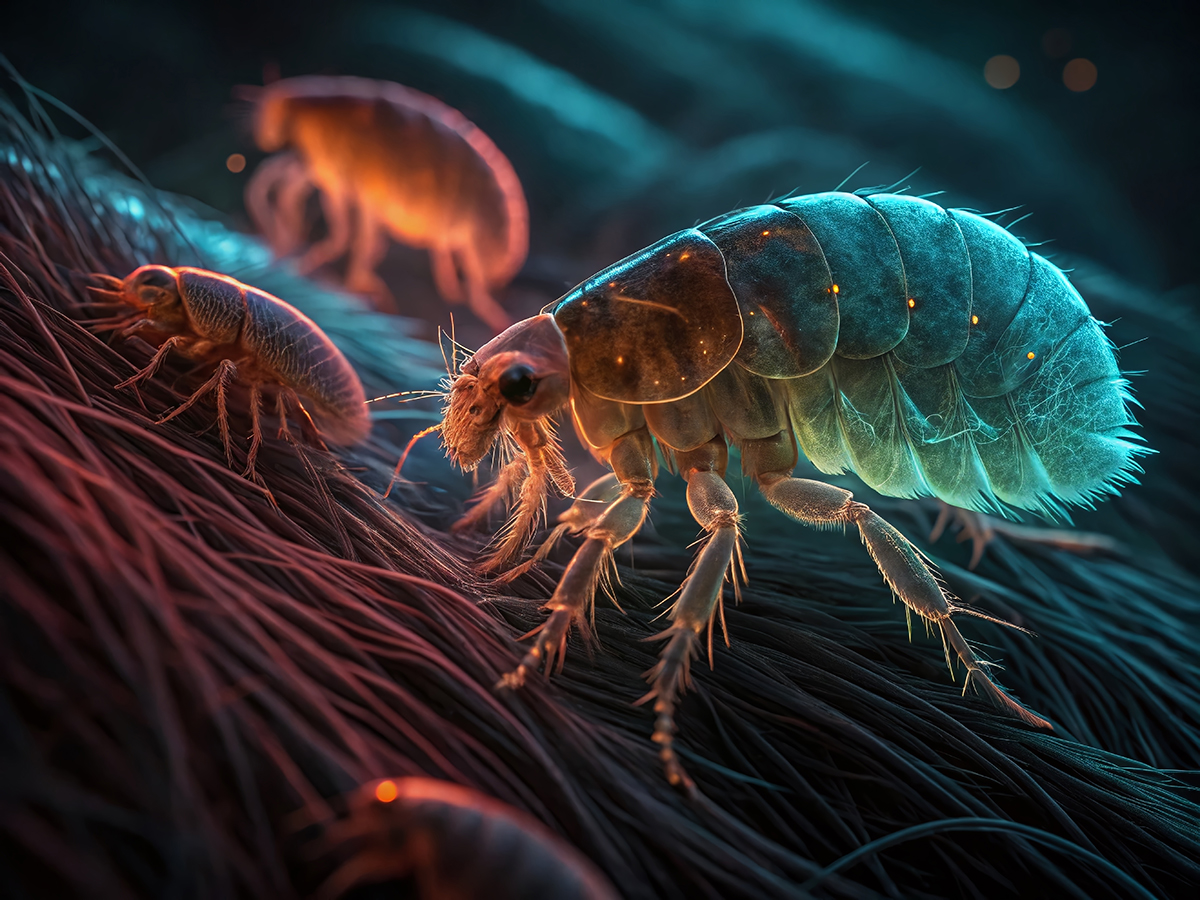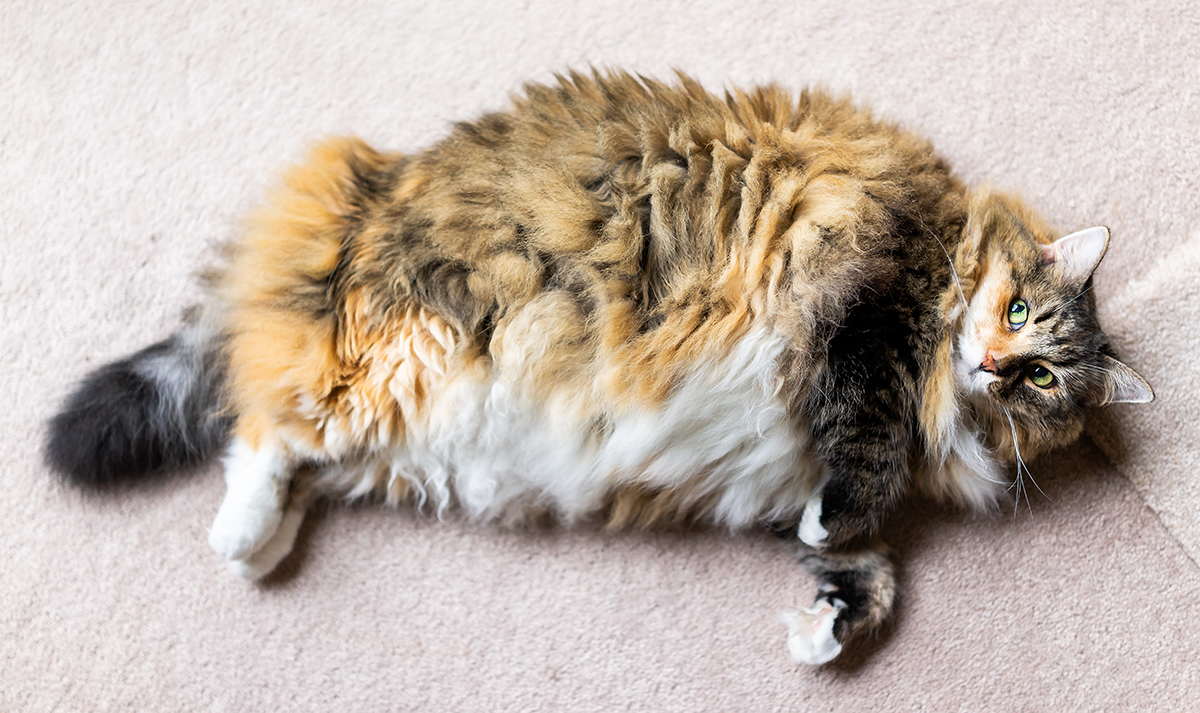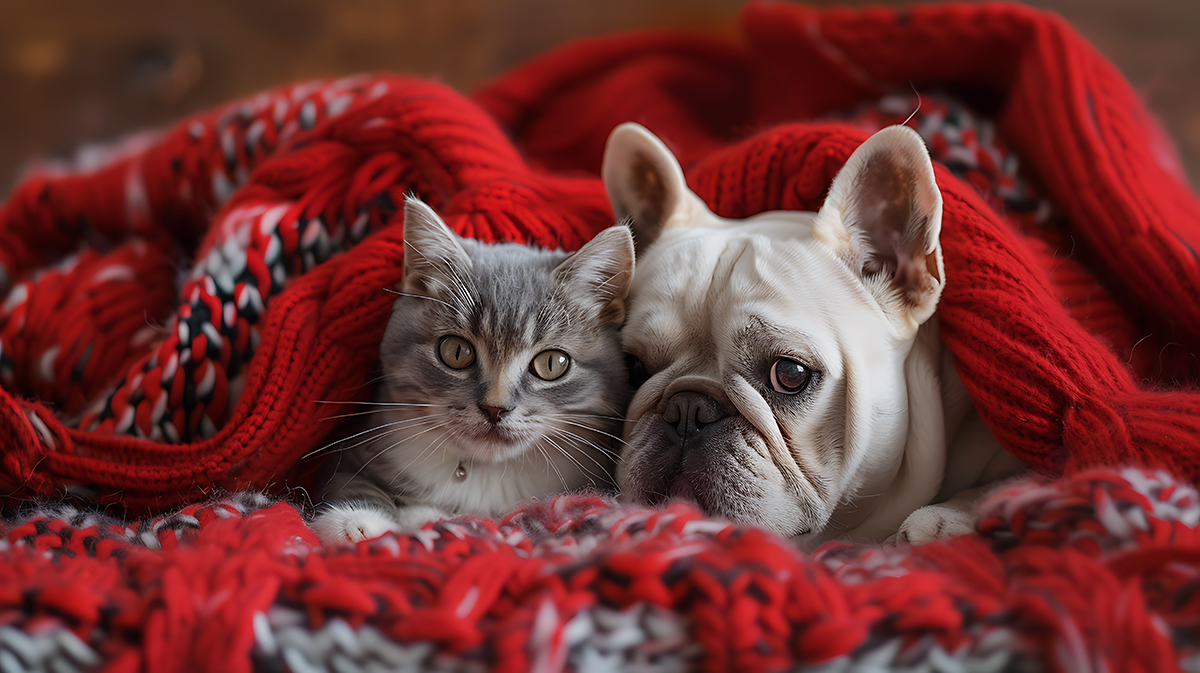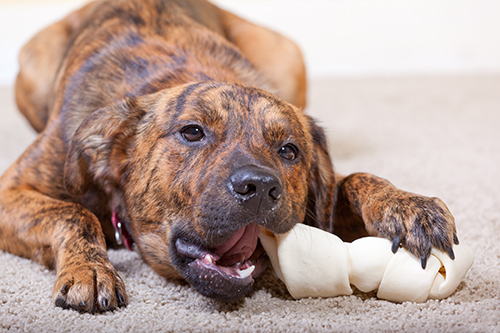 Treats and chew toys are popular items at big box retailers and pet stores. Since most pet owners consider their furry friends members of the family, treats are part of the weekly grocery list. If Fido or Fluffy is a puppy, the list of “chewies” can be endless. After all, it’s important to give the little darlings an alternative to family footwear.
Treats and chew toys are popular items at big box retailers and pet stores. Since most pet owners consider their furry friends members of the family, treats are part of the weekly grocery list. If Fido or Fluffy is a puppy, the list of “chewies” can be endless. After all, it’s important to give the little darlings an alternative to family footwear.
Rawhide bones are cheap and available in all sizes. Dogs like them; and, in most cases, they last a while. However, rawhide chew toys can be a choking hazard or create intestinal blockages in dogs. There are also some other risks folks should take into consideration before purchasing rawhide products for their canine friends.
In order to produce rawhide bones, the inner layer of cow or horse hide is cleaned using strong chemicals then washed repeatedly with hydrogen peroxide before being pressed into its shape. Rawhide is not classified as food, so there aren’t any regulations governing its manufacture.
Chemicals aside, rawhide can be contaminated with salmonella since it is made from animal skins. Both the pet and owner could be at risk. There have been recalls of contaminated rawhide in the past.
The internet contains many tragic tales of dogs choking on rawhide. As the dog chews, the product becomes stretched and soft. It eventually breaks off in pieces which the dog swallows. Sometimes those chunks cause the dog to choke and gasp for air. There are even cases of the esophagus being torn. If you choose to give your dog rawhide, be sure to supervise his chewing and take the product away when it gets to the point of tearing. This will help you avoid an emergency trip to the vet or other dire consequences for your pet.
If Fido manages to swallow a chunk of rawhide, it may lodge there and swell causing gastric problems or vomiting. If the dog doesn’t pass the rawhide, it could become a blockage which would require surgery.
There are alternatives to rawhide chew products. Bully sticks are digestible but can have an odor and may have bacteria issues. Antlers from elk or deer won’t break apart and they don’t smell. They’re great for doggie dental hygiene.
Kongs are an example of toys made of indestructible rubber. The dog chews and chews hoping to be rewarded with a tantalizing treat enclosed in the toy. Yak/Himalayan chews are really special—no bacteria or other hazards. The all-natural treats made of yak milk using Nepali methods.
Before you put rawhide on your grocery list, speak with Dr. Whitworth or a member of his staff and do some research. Your pet will thank you for your efforts.
The information in this article is not meant to take the place of medical advice. Dr. Whitworth and his staff want your pet to remain healthy and happy. If you have any questions pertaining to your pet’s wellbeing, please contact our office to make an appointment today.
© 2019 Whitworth Animal Clinic. All rights reserved.


